CAPE-Youth is excited to share what’s next. A redesigned website is coming soon, featuring the latest information on upcoming events, publications, and ways to connect with us.
About
The Center for Advancing Policy on Employment for Youth (CAPE-Youth) seeks to improve employment outcomes for youth and young adults with disabilities by helping states enhance their youth service delivery and workforce systems. CAPE-Youth works with state leaders through technical assistance and state-centered support to improve employment outcomes through strategic partnerships, systems coordination, professional development, and career pathways.
Since 2019, CAPE-Youth has engaged 46 states to build relationships, share research, and provide customized reports, legislative and subject matter expertise, strategic partnership development, and youth engagement opportunities. The Center is a collaboration between the U.S. Department of Labor’s Office of Disability Employment Policy, The Council of State Governments, the K. Lisa Yang and Hock E. Tan Institute on Employment and Disability at Cornell University, the Interwork Institute at San Diego State University and the National Association of Workforce Development Professionals.
What We Do
- Conducts research on promising policies and practices related to improving transitions from school to employment for youth and young adults with disabilities.
- Shares best practices and develops strategic partnerships among national, state, and local workforce and training systems.
- Provides customized analysis and technical assistance to policymakers, state/local workforce representatives, and other youth transition stakeholders focusing on state-specific goals.
- Assists states in identifying challenges and opportunities to expand career prospects for youth and young adults with disabilities.
- Convenes a fellowship of youth and young adults with disabilities to engage policymakers, develop leadership skills, and make needed connections in disability employment policy.
Contact Information
For more information or to sign up for our mailing list, please email info@capeyouth.org
CAPE-Youth is funded by the U.S. Department of Labor’s Office of Disability Employment Policy under Cooperative Agreement No. 23475OD000001-01-00 in the amount of $7.5 million (Year 1: $1.480; Year 2: $1.505; Year 3: $1.535; Year 4: $1.548, and Year 5: $1.432). The Center is a consortium led by The Council of State Governments and includes the K. Lisa Yang and Hock E. Tan Institute on Employment and Disability at Cornell University, the Interwork Institute at San Diego State University, and the National Association of Workforce Professionals.
